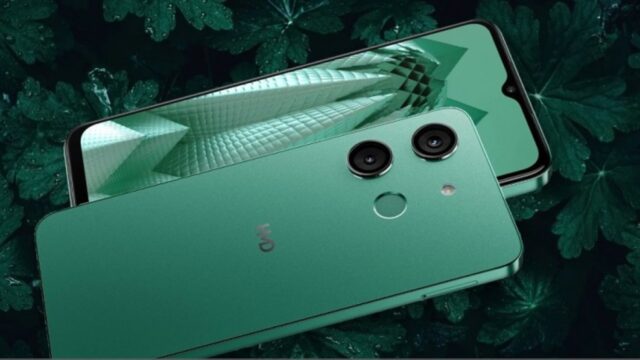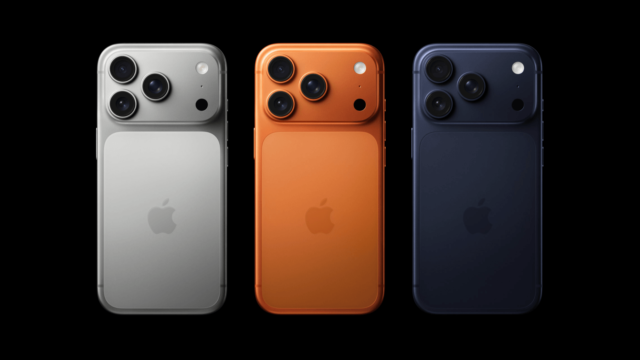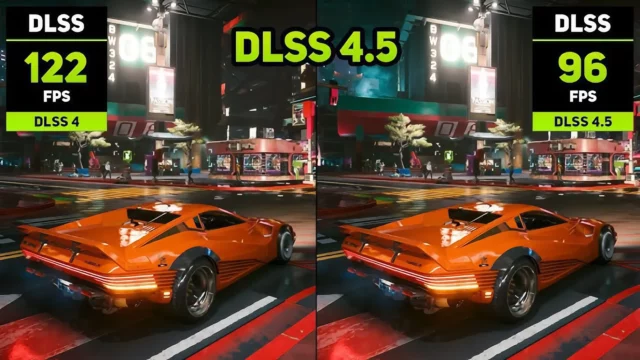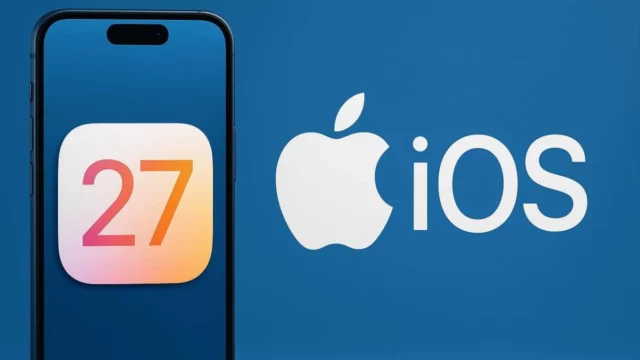The phrase “My voice sounds different on the phone” is becoming a thing of the past. Nokia has introduced an innovation that will make phone calls more realistic and impressive: immersive 3D audio and video technology. This new technology was announced by CEO Pekka Lundmark, who was also present during the first 2G phone call in 1991. So, how does this technology work and what does it offer us?
Nokia’s historical innovation: The first immersive phone call with 3D audio
Developed by Nokia, this new technology transitions from the mono sound used in current phone calls to a 3D audio environment. This transition occurs through the spatialization of sound, making the caller feel as if they are in the same room as the other person. Nokia Technologies President Jenni Lukander describes this technology as “revolutionary.”
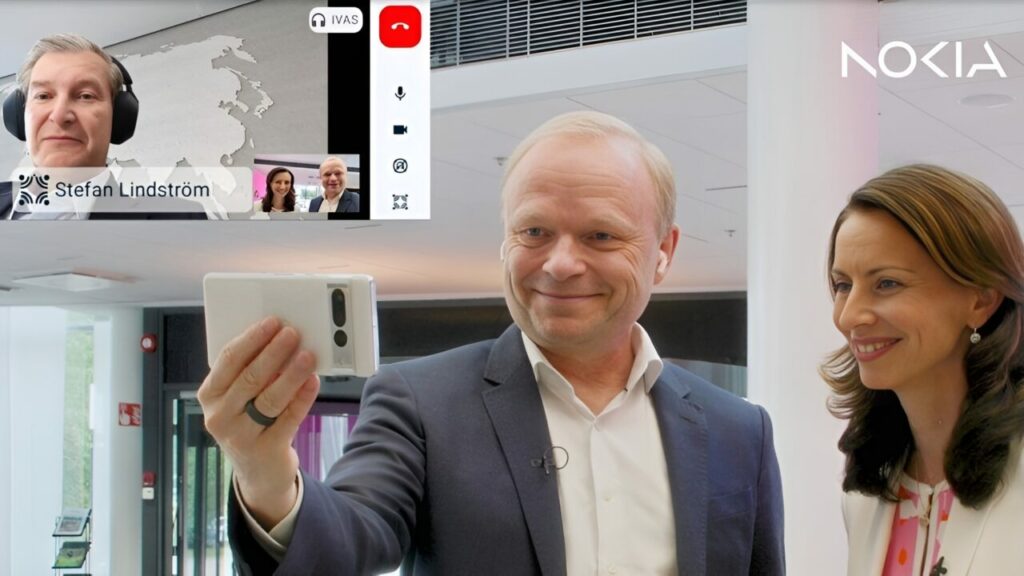
According to Lukander, “This is the most significant advancement in live voice calling experience since the introduction of mono phone sound used in today’s smartphones and PCs.” The most notable use of this technology will be in individual calls, but Nokia’s vision extends far beyond that.
For example, in a conference call, you will be able to easily distinguish participants based on their virtual locations. This can make virtual meetings much more realistic and natural. Perhaps the most surprising aspect is that this technology does not require special hardware. Using the microphones in current smartphones, Nokia’s solution can transmit spatial audio information in real-time.
This technology has been developed just in time. Immersive 3D audio is compatible with the upcoming 5G Advanced standard, indicating that it can be integrated into future network technologies. Nokia is already exploring licensing opportunities for this technology and sees it as a turning point in the telecommunications industry.
Nokia’s recent demo call was conducted using a standard 5G network and a regular smartphone. This trial clearly demonstrated the potential of the technology. Within the next few years, this technology could become a part of our daily lives.
What do you think? Do you find this technology useful or an unnecessary innovation? You can share your thoughts in the comments section below.



